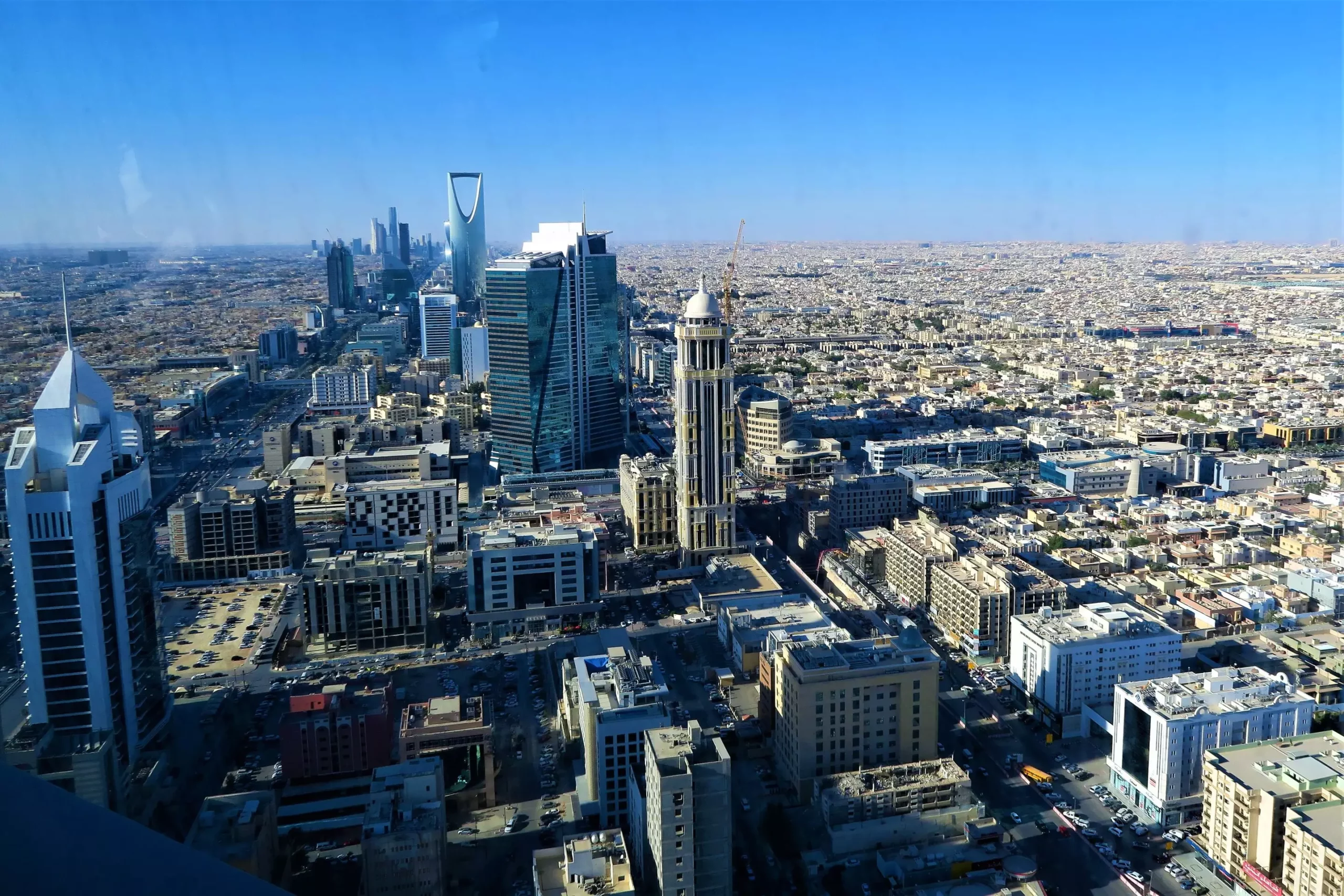In recent years, the concept of visionary urban planning has been heavily influenced by neoliberal economic policies and the rise of smart cities driven by big data and AI. The Kingdom of Saudi Arabia, under the leadership of Crown Prince Mohammed Bin Salman, has embarked on an ambitious project called NEOM, which is touted to be a revolutionary city of the future. However, beneath the glossy facade lies a series of questionable decisions and unrealistic ambitions that threaten the feasibility and sustainability of the entire project.
NEOM, derived from the Greek word ‘neo’ and Bin Salman’s name, was envisioned as a sprawling city that embodied innovation, multiculturalism, and technological advancement. The centerpiece of NEOM, known as The Line, was a 170 km linear city that aimed to redefine urban living in the desert landscape. The grand plans included a free port, a tourist town, and a mountain sports playground, all tied together by cutting-edge surveillance technology and AI systems.
Despite the initial hype and promises of a utopian city, the NEOM project faced numerous challenges and setbacks. The abrupt decision to scrap The Line in favor of a much smaller city raised questions about the project’s feasibility and long-term viability. Moreover, the lack of transparency regarding security measures and surveillance technologies within NEOM cast doubt on the kingdom’s commitment to human rights and freedom.
NEOM is situated in a geopolitically significant region with extreme temperatures and complex border dynamics. The ambitious nature of the project, coupled with its disregard for environmental concerns and social implications, raises serious doubts about its sustainability. The reliance on fossil fuel-based economies and authoritarian governance further complicates the vision of NEOM as a model city for the future.
The failure of NEOM serves as a stark reminder of the limitations of capitalist-driven urban planning and the urgent need to prioritize sustainability and social justice in city development. Instead of pouring resources into speculative mega-projects, there is a growing call for investing in existing cities to make them more sustainable, equitable, and human-centric. It is time for wealthy nations and corporations to acknowledge their role in exacerbating the climate crisis and commit to genuine transformational change.
The NEOM project represents a cautionary tale of unchecked ambition, misplaced priorities, and the persistence of outdated ideologies in urban planning. By critically examining the flaws and failures of such visionary projects, we can pave the way for a more sustainable, inclusive, and resilient future for our cities. It is imperative that we learn from the mistakes of NEOM and prioritize the well-being of communities and the planet in all our urban development endeavors.


Leave a Reply